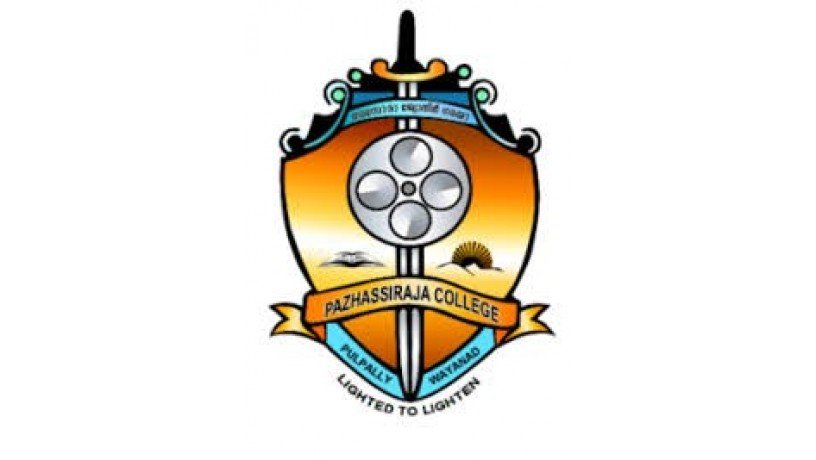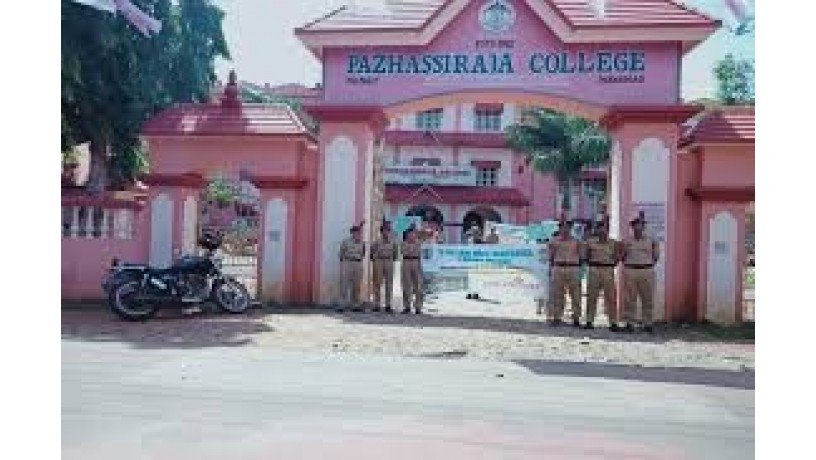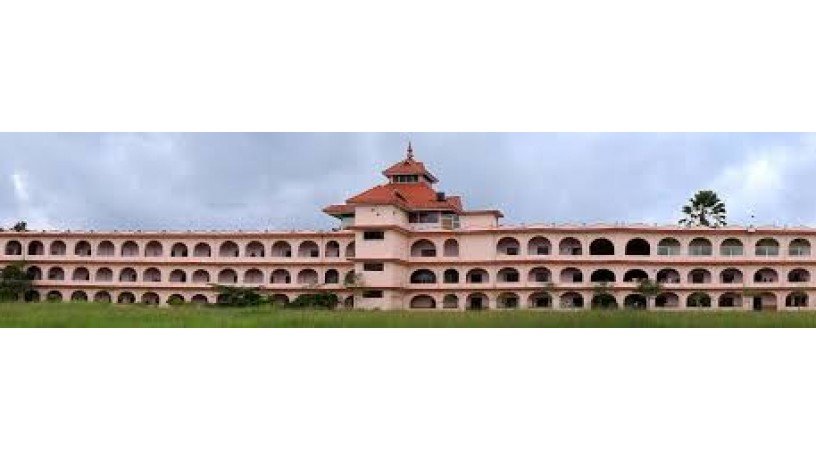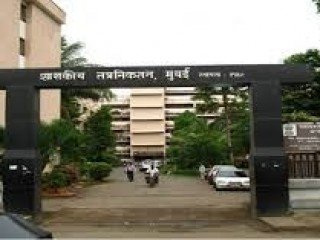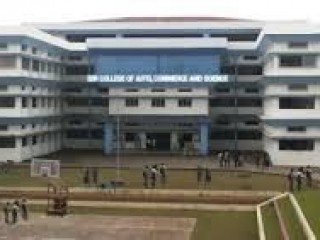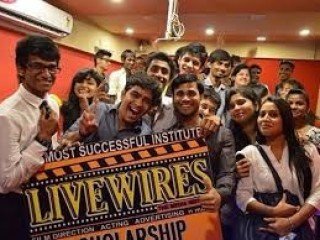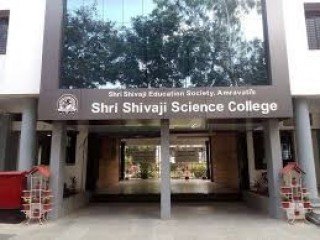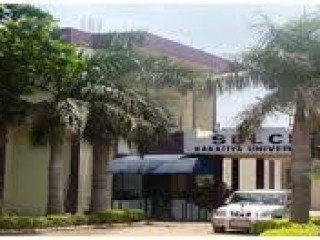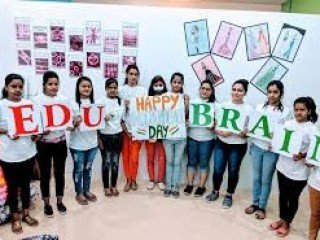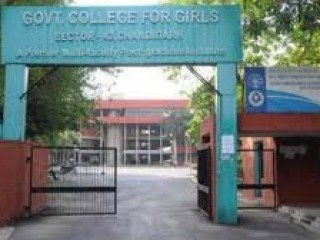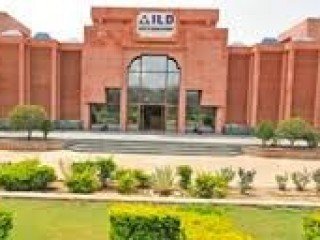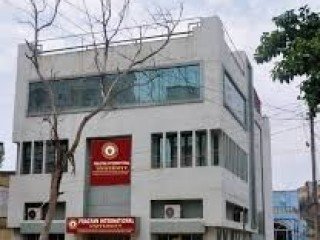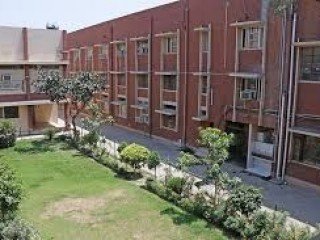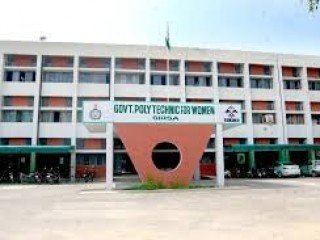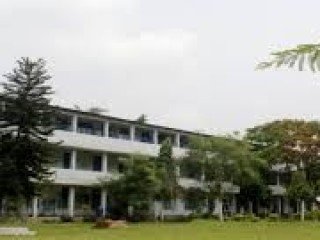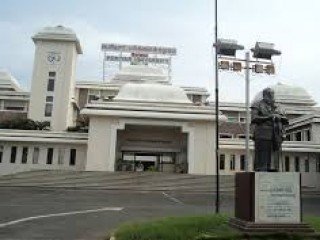PAZHASSI RAJA COLLEGE PULPALLY Colleges
4 years ago - BEAUTY & FITNESS - Vayalār - 545 viewsPazhassi Raja College, Pulpally, was started in the year 1982 to cater to the higher education needs of the community in this locality and the surrounding places in Wayanad district. Wayanad is a remotely situated tribal district in Kerala. The population includes mainly the settlers who migrated from the lowlands of Kerala and the native tribal people. Their main source of revenue is from agriculture produce such as pepper, coffee, paddy etc. and the children of this highland did not have higher education facilities in the district until the first College was started here in 1964. The College had a humble beginning on 20th October 1982 with two Pre-degree batches. The early times of the college were miserable. Fighting against all odds, the college started with only 127 students, 7 teachers and 8 office staff and the first Principal Dr. O. Sooryanaryanan who came from Government Brennen College, Thalassery. The Society struggled a lot to get a suitable land for this College and finally they bought this piece of land of about fifteen acres, just 1.5 kilometers away from the zero point of Pulpally. The first Management of the College handed over the ownership of the college to the Bathery Diocese of the Syro-Malankara Catholic Church and the latter took over the college in July 1992. The first patron of the college was Bishop Dr. Cyril Mar Baselios, the first Bishop of the Bathery Diocese. The present Manager and Patron of our college is Bishop Dr. Joseph Mar Thomas, who retired as Principal from the Mar Theophilos Training College, Thiruvananthapuram, and a renowned Economist and Educationist.
Though a minority institution, the college includes in its purview the educational aspirations of the society as whole irrespective of religion, caste, gender and social status. The institution seeks to foster equitable social development through the empowerment of individuals who can contribute to the common good. As a result they become aware of their role in social reconstruction. The college tries to facilitate and encourage higher education among people who have been denied such opportunities because of socioeconomic backwardness.
